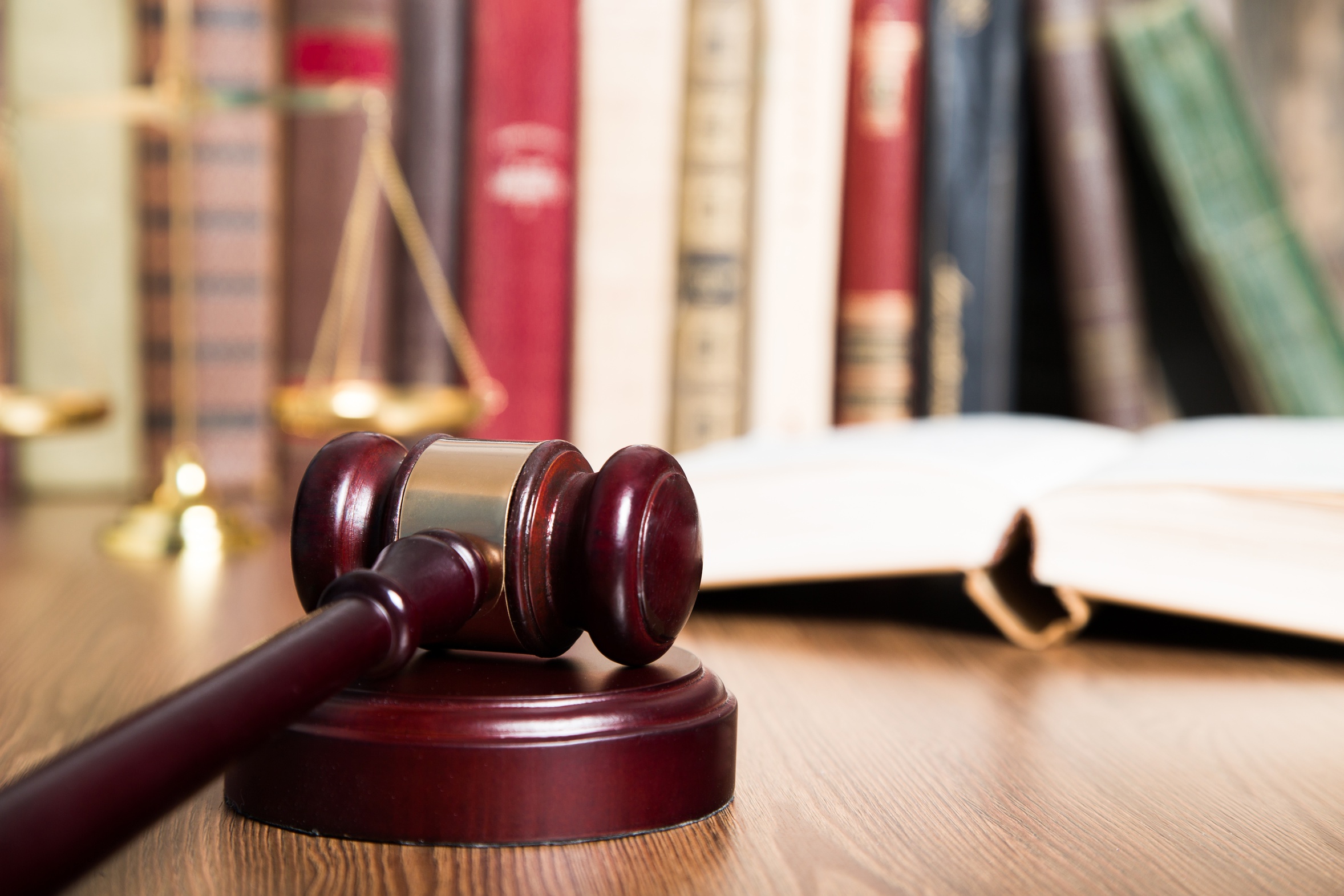
Going through the divorce process is difficult for everyone because not only is a person ending a very significant chapter in their life, they also have to figure out how to proceed going forward. This can be especially difficult when a person has to replace the assets that were lost to their other spouse during the equitable distribution process. In New Jersey divorces, either the couple will decide for themselves how they would like to divide their assets or they can have the judge decide on their behalf if the matter is contested.
Equitable distribution is the fair and just manner by which all assets are divided in a divorce. However, it does not always mean that the assets will be divided equally. Some of the factors that the court will asses when trying to determine an appropriate way to divide the assets include the following:
- The duration of the marriage
- The contribution of each party
- The acquisition of the assets
- The tax consequences of the proposed distribution
- The present value of the property
- The debts and liabilities of the parties
- The age and health of the parties
It is important to be aware that only marital property is subject to equitable distribution and all separate property will remain exempt. If you have questions or concerns about the process of equitable distribution in New Jersey, contact our firm today.
If you require strong legal representation for matters of divorce and family law in New Jersey, contact The Law Offices of Paone, Zaleski & Murphy to schedule a consultation with one of our experienced attorneys today.

